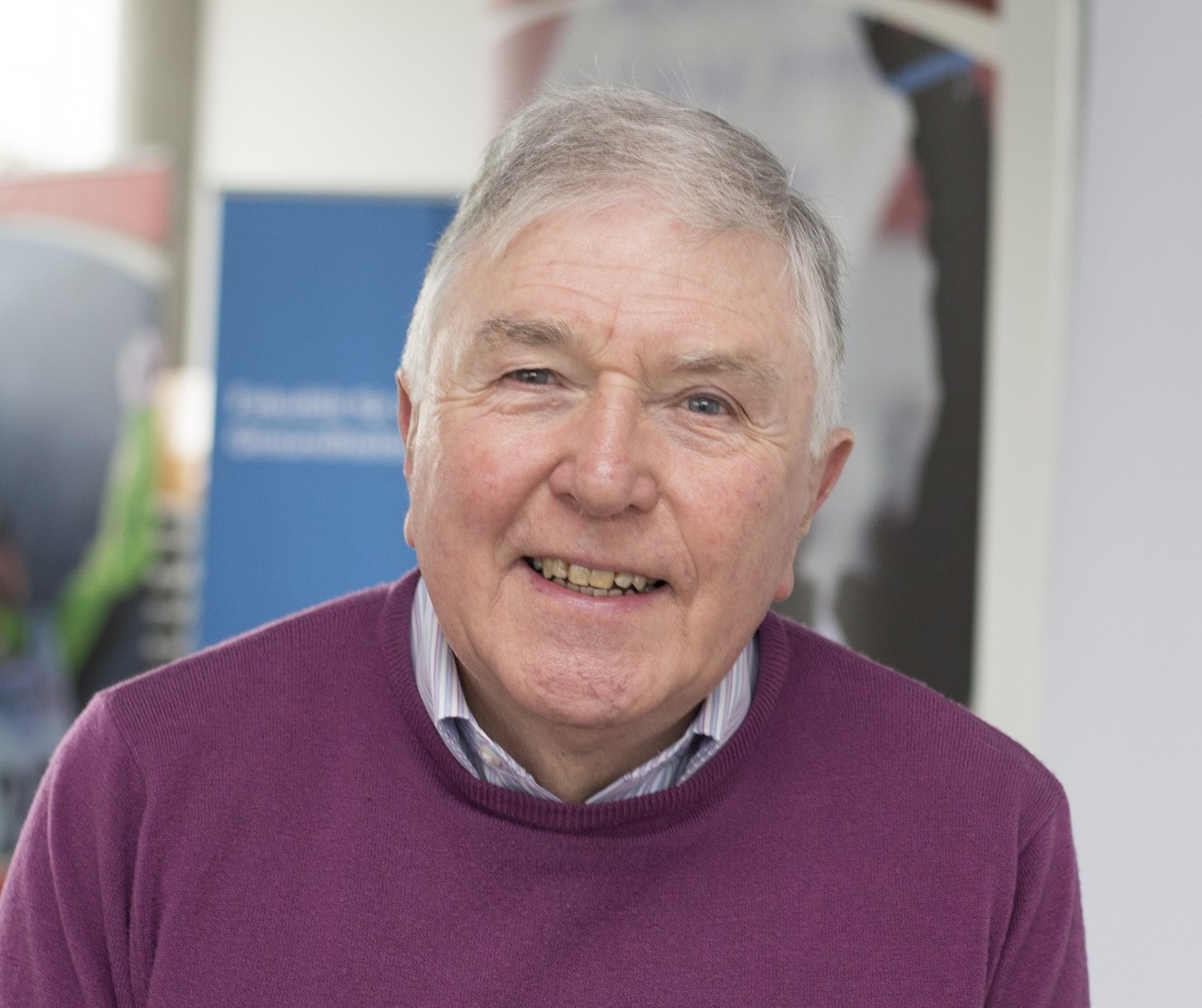- Developmental Disabilities
- Families
- Community
- International
- Health Services
- Social Services
- Research
Basic Information

(Jun 1948–)
Location: Belfast, N. Ireland
Roy McConkey is Emeritus Professor of Developmental Disabilities at Ulster University, Northern Ireland. A psychologist by training and a native of Belfast, with degrees from Queen’s University, Belfast (BA) and the Victoria University of Manchester, England (Ph.D). He has previously held posts in England, Scotland and the Republic of Ireland in both academia and as director of support services. He has been visiting Professor at the University of Cape Town, South Africa; the University of Sydney, Australia and at Trinity College, Dublin, Ireland. He has accrued over US$3 million in research grants, supervised 18 doctoral students to completion and examined over 60 PhD theses mainly in the UK and Ireland but also in continental Europe, Australia, New Zealand and South Africa.
He has worked in the field of intellectual and developmental disabilities for over 50 years and has authored, co-authored and edited over 15 books, and published over 200 book chapters and research papers in learned journals. Further details are available at: https://scholar.google.com/citations?user=QbcYB_gAAAAJ&hl=en. In 2023, a Stanford report based on standardised citations indices across all sciences, placed him in the top 2% of world scientists.
His primary research focus has been on persons with cognitive disabilities from early childhood to adulthood, who form the largest and most socially disadvantaged and vulnerable group among persons with disabilities. A particular feature of his work has been on early intervention and empowering family carers, community personnel, educators and therapists to promote the development of individuals using natural contexts and locally available resources. He is an international leader in designing and evaluating innovative training programmes for use with family carers and community personnel based around indigenously produced video programmes, workbooks and latterly online multi-media resources. These have provided a play-based curriculum for early child development with a focus on communication, cognitive and social skills.
He has acted as a consultant to various United Nations agencies including UNDP, UNESCO, UNICEF and WHO and with International NGOs, such as Save the Children (UK) and Leonard Chesire International. This work has taken him to some 25 countries in Eastern Europe, Africa, Asia, and South America. Currently he is a consultant to Special Olympics International on health and social inclusion projects having directed various of their transnational projects since 2008.
He has been a keynote speaker at international conferences held in UN (New York), USA, Canada, Ireland, UK, Greece, Holland, Italy, Poland, Jordan, Saudi Arabia, Sri Lanka, Malaysia, Japan, South Africa, Australia and Guyana.
He has been involved in policy developments with Governments in Northern Ireland and in the Republic of Ireland and served on various service reviews and committees, as well as being a trustee and board member of various NGOs.
In 2015 he was awarded an OBE by Queen Elizabeth for services to intellectual and developmental disabilities. He was also the recipient of the International Award from the American Association for Intellectual and Developmental Disabilities. He is a Fellow and past-president of the Psychological Society of Ireland and a Fellow of the International Association for the Scientific Study of Intellectual and Developmental Disabilities.
His hobbies include international travel, hiking, theatre and playing with his four grandchildren; presently aged 4 to 11 years.
